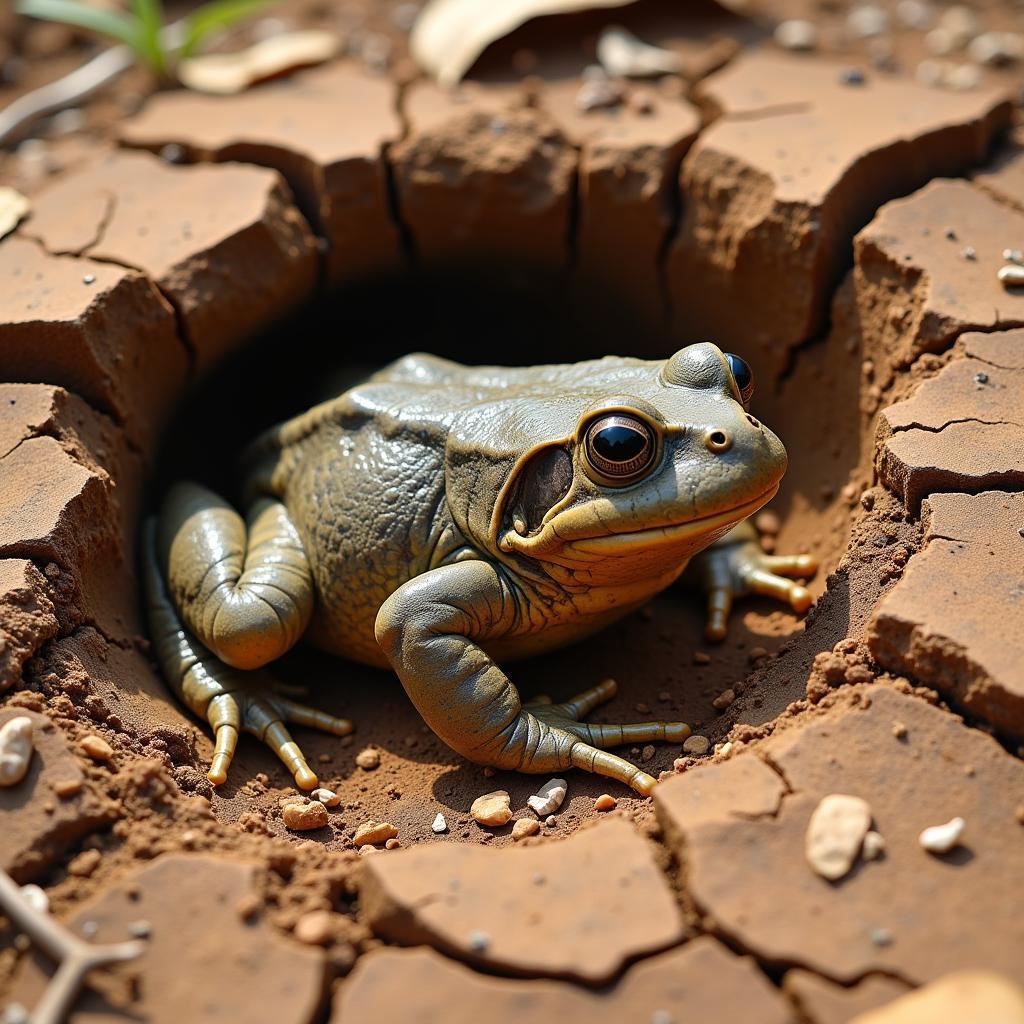Unveiling the African Golden Wolf (Canis anthus)
The African golden wolf (Canis anthus), often mistaken for its close relative, the golden jackal, is a fascinating canid native to North and East Africa. This article delves into the intriguing world of this elusive creature, exploring its habitat, behavior, and the crucial role it plays in its ecosystem.
Habitat and Distribution of the African Golden Wolf
The African golden wolf’s range stretches across a wide swathe of the African continent, from Morocco in the northwest to Tanzania in the southeast. They inhabit a variety of environments, including savannas, grasslands, and even mountainous regions. Their adaptability allows them to thrive in diverse climates, from the arid Sahara Desert to the more temperate regions of East Africa. What makes the African golden wolf so successful in these varying environments? Their opportunistic diet and highly social structure contribute significantly to their survival.
Adapting to Diverse African Landscapes
The African golden wolf demonstrates remarkable adaptability, able to inhabit both arid and semi-arid regions. This flexibility is evident in their diet, which consists of small mammals, birds, reptiles, insects, and even fruits and berries. Their ability to exploit a wide range of food sources makes them highly resilient in challenging environments. For instance, in the drier regions, they often rely on insects and fruits for sustenance, while in more fertile areas, they may hunt small mammals and birds.
Social Structure and Behavior of the Canis anthus
African golden wolves are highly social animals, living in packs that can range from a few individuals to larger groups of up to 15 members. This social structure is essential for their hunting success and for defending their territory against other predators. Within the pack, there is a clear hierarchy, with a dominant breeding pair leading the group. african golden wolf anubis
Communication and Cooperation within the Pack
Communication is crucial for maintaining the social cohesion of the pack. African golden wolves use a variety of vocalizations, including howls, barks, and whimpers, to communicate with each other. These vocalizations serve various purposes, from alerting the pack to danger to coordinating hunting strategies. They also rely heavily on scent marking to establish and defend their territory. “Understanding the intricate communication within a pack is key to understanding the African golden wolf’s social dynamics,” says Dr. Khadija Mohamud, a renowned wildlife biologist specializing in African canids.
Conservation Status of the African Golden Wolf
While the African golden wolf is not currently considered endangered, it faces several threats, including habitat loss, human-wildlife conflict, and disease. Efforts are being made to understand and mitigate these threats to ensure the long-term survival of this fascinating species. african golden wolfof congo What can be done to protect the African golden wolf? Raising awareness about the importance of conservation and implementing sustainable land management practices are critical steps.
Protecting the Future of this Unique Canid
The African golden wolf plays a vital role in its ecosystem, helping to control populations of small mammals and contributing to the overall health of the environment. Conserving this species is not only about protecting a unique animal but also about maintaining the delicate balance of African ecosystems. african golden wolf population “The African golden wolf’s presence is an indicator of a healthy ecosystem. Protecting them is crucial for the biodiversity of the region,” adds Dr. Anika Patel, a conservationist working in East Africa.
Conclusion: The African Golden Wolf – A Vital Part of Africa’s Biodiversity
The African golden wolf (Canis anthus), a remarkable and adaptable creature, plays a significant role in the intricate tapestry of African ecosystems. Understanding its behavior, habitat, and the threats it faces is crucial for its conservation and for preserving the rich biodiversity of the African continent.
For support, contact us 24/7: Phone: +255768904061, Email: [email protected], or visit us at Mbarali DC Mawindi, Kangaga, Tanzania.
